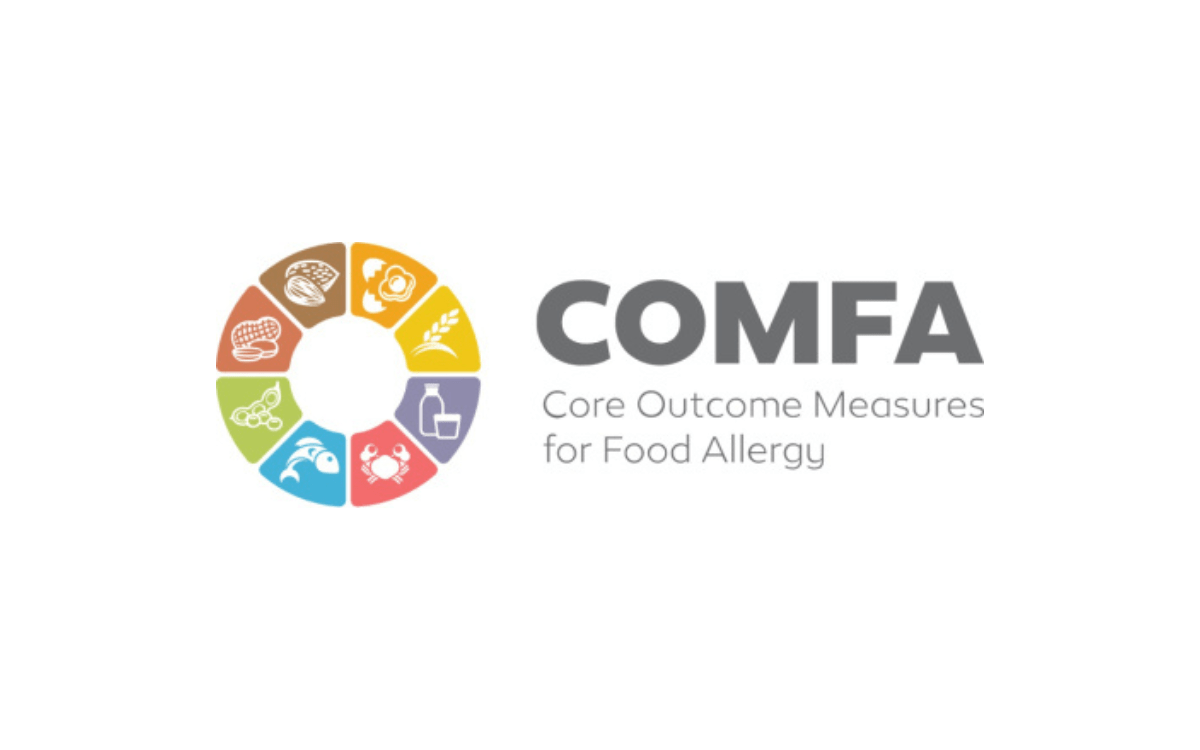04 March 2024
IgE-mediated food allergy represents a critical global health issue and a considerable societal challenge, particularly in Europe. Affecting 6%-8% of children under three and 2-3% of adults, it significantly deteriorates the quality of life for individuals with food allergies (FA), influencing healthcare, and the food and catering industries. Despite ongoing studies and the development of new treatments, the diversity of study outcomes complicates evidence synthesis, challenging the comparison of findings and conducting meta-analyses, which in turn obstructs evidence-based decision-making.
Dr Despo Ierodiakonou, Associate Professor at the Department of Primary Care and Population Health, University of Nicosia Medical School, has contributed to the multidisciplinary European COMFA (Core Outcome Measures for Food Allergy) project. This initiative has successfully developed the first-ever Core Outcome Set (COS) for observational and intervention studies on IgE-mediated FA. This COS ensures that study outcomes are comparable, facilitating the synthesis of evidence regarding the efficacy of existing therapeutic strategies and ensuring relevance across various stakeholder levels, including patients, clinicians, healthcare providers, and regulators.
Dr Ierodiakonou explains,
‘Through a rigorous process, we identified ‘allergic symptoms’ and ‘quality of life’ as the core outcomes for FA studies’.
This conclusion was reached after an extensive literature review and categorization of outcomes, followed by a two-round online-modified Delphi process and a hybrid consensus meeting with 778 participants from 52 countries. The COMFA findings, published in Allergy (March 2024, https://doi.org/10.1111/all.16023), mark a significant advancement in FA research.
Dr Daniel Munblit,
Reader in Paediatrics at King’s College London and the study’s senior co-author, highlights,
‘Our research streamlines FA research by focusing on outcomes that matter most to patients—allergic symptoms and quality of life. This approach not only makes future allergy research more impactful but also ensures it is truly patient-centred’.
As a component of the COMET (Core Outcome Measures in Effectiveness Trials) initiative, COMFA’s next steps involve identifying optimal methods for assessing allergic symptoms and quality of life. This effort aims to enhance the effectiveness of interventions further. Additionally, there will be an intensive effort to disseminate the findings among study institutions, regulatory authorities, manufacturers, and other interest groups to ensure the long-term implementation of the COS.

